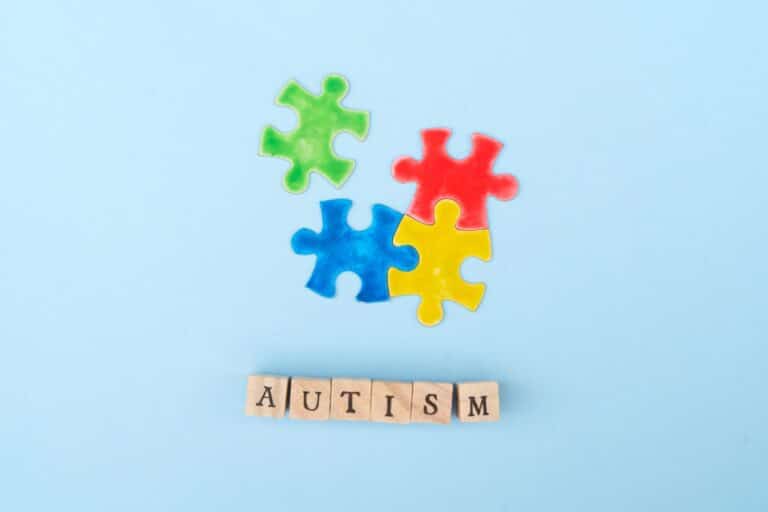When it comes to substance misuse, addiction and dependence tend to be synonymous concepts. Yet, they mark very different stages in the substance misuse cycle in terms of behavior, cravings, and even physical changes.
Both substance dependence and addiction may require professional intervention through a structured rehab center in Southern California. However, making the distinction is pertinent to getting the right kind of help.
What is Substance Addiction?
Addiction is perpetuated by chemical changes in the brain that take place as substance use turns into abuse. It is characterized by changes in behavior that begin to prioritize substance use over other important aspects of daily living.
Addiction compels individuals to behave in unusual or irrational ways when they cannot access the substance to which they are addicted. As the addiction worsens, the individual’s behavior may become even more erratic.
Early signs of addiction that may indicate a move from dependence include denial or keeping substance use a secret. The person may begin to experience frequent cravings for the substance. They may begin to become financially unstable because of their substance use.
Addiction is also marked by changes in social habits, including new friend groups and secretive meet-ups or phone calls. The individual may be loathed to introduce new friends to existing social groups or family members. They may experience physical changes, such as weight loss, and may begin a downward spiral on things like self-care or routines.
Increased tolerance is a symptom of both addiction and dependence, but the individual may also begin using the substance in inappropriate ways or amounts in full-blown addiction.
What is Substance Dependence?
Dependence is characterized by a physical or mental adaptation to a substance. While it is not the same as addiction, dependence generally marks a step in that direction. Those in the throes of dependence typically do not exhibit the same severity of symptoms as those dealing with addiction.
While dependence does not court the same uncontrollable behaviors as full-blown addiction, early warning signs of the latter are typically present. Addressing dependence sooner rather than later can help to prevent some of the life-altering aspects of addiction.
Types of Dependence
Physical dependence is characterized by reliance on a substance in the body. This means that the substance in question helps the people feel normal, and they notice when they do and do not have it. Psychological dependence is characterized by a desire to experience mental effects, especially those that promote dopamine release in the body.
The type forms of dependence generally co-exist, as people become dependent on the way substances make them feel as their bodies do on the presence of the substance internally.
Tolerance
Tolerance is another component of dependence. This is characterized by an increasing need for a substance to get the same effect as the individual experienced upon initial intake. The amount the individual initially started with is no longer enough to even notice they’ve taken anything at all.
As such, they begin to take more and more of the substance, sometimes well beyond the recommended amount for safe use. This is one of the first signs of a growing dependence and subsequently an addiction issue.
Dependence Severity
Dependence severity also matters when it comes to dealing with substance use or abuse issue. For instance, the longer an individual consumes a substance, the more dependent or addicted they will become.
Method of use also plays a role. For instance, injecting a substance will cultivate dependence more than orally ingesting the same substance. The reason for this distinction is that faster ingestion rewards the brain instantly, which means that it is easier to alter its reward structure and create an environment ripe for addiction.
How to Spot the Difference Between Addiction and Dependence
Spotting the difference between addiction and dependence can be tricky. One of the tells is what happens when an individual stops taking a substance. A dependent person may experience withdrawal symptoms for several days, but it is typically manageable. These symptoms may include:
- Depression/anxiety
- Nausea/upset stomach
- Fatigue
- Muscle aches
- Headaches
- Cold or hot flashes
Every person’s withdrawal process may be different, and this can depend on a variety of factors. This includes the type of substance the person was using, their level of dependence, and the severity of their symptoms.
Individuals who experience withdrawal symptoms or even cravings when ceasing substance use but can still stop are likely contending with dependence. Those that have more compulsive behaviors and find they cannot stop using the substance of their own volition may be dealing with addiction.
Addiction typically requires professional intervention to help with the process of detoxification and withdrawal. It is accompanied by more compulsive behaviors than dependence, though these behaviors may increase as a person with dependence moves into patterns of addiction.
Addiction is also typically marked by problems in other areas of life, from issues at school, home, or work or even criminal activity perpetrated by the need to use.
Self-diagnosis is a flawed approach to determining the extent to which an individual may be misusing a substance. Typically, an assessment by a professional can better understand the extent to which certain behaviors indicate addiction or dependence.
Treatment with SoCal Sunrise Recovery Center
While dependence may not be the same as addiction, treatment at both stages can be beneficial. Drug addiction and dependence lead to similar outcomes, so treatment can address triggers and other contributing factors that perpetuate each.
Moreover, getting help with dependence can help an individual to overcome issues that may lead to addiction down the road. It is not necessary to be ingratiated in full-blown addiction before getting help with substance use.
Drug treatment in Southern California can offer the necessary tools to stop dependence from evolving into the kind of full-blown addiction that can adversely impact a person’s entire life. Learn more about managing substance dependence and overcoming addiction at Southern California Sunrise Recovery Center.






